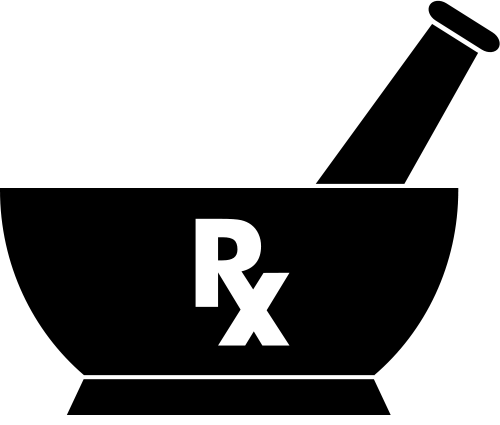Stroke Victims Should Work With Pharmacists to Lower Their Risk

Seeing a pharmacist, not a nurse, will do stroke victims the most good when attempting to reign in their cholesterol and other stroke risks, according to a recent study.
While the victim of a minor stroke may see a doctor directly after the incident, in the weeks and months to come they are most likely to see nurses in the weeks and months to come who will help them find ways to manage their heart health. According to a recent study, while this is hugely beneficial for patients compared to no help at all, seeing a professional who can also actively manage cholesterol and blood pressure medication accordingly makes a world of difference.
The study, published in the Canadian Medical Association Journal (CMAJ), compared the benefits seeing a pharmacist verses seeing a nurse would have on several stroke victims' overall risk of another attack.
According to the study, 266 recent minor stroke victims in their late 60s were either assigned to see a pharmacist of a nurse every month for six months.
The nurses, trained to focus on beneficial changes in patient lifestyle, helped patients recognize risk factors in their every day life and provided advice in hoe to avoid them. The nurses also checked participant's cholesterol levels and blood pressure. This information was then sent to that patients primary doctor for a follow up.
The main concern about this group was that while patients would still see improvements in heart-health due to lifestyle changes, their busy doctors would not have the time to closely asses each patient's chart and thus would leave prescribed medications at acceptable but standard levels.
The pharmacist group, on the other hand, could manage medication accordingly, giving patients more personalized treatment.
This theory proved true. According to the study, researchers found that while 31 percent of the participants did manage to meet blood pressure and cholesterol guidelines for stroke prevention by the ended of the six months, 43 percent of the pharmacist group was able to achieve the same thing.
This showed that medication modification, not just lifestyle change, is hugely beneficial for at-risk stroke victims.
The study was published in CMAJ on April 14.
Apr 24, 2014 01:42 PM EDT





